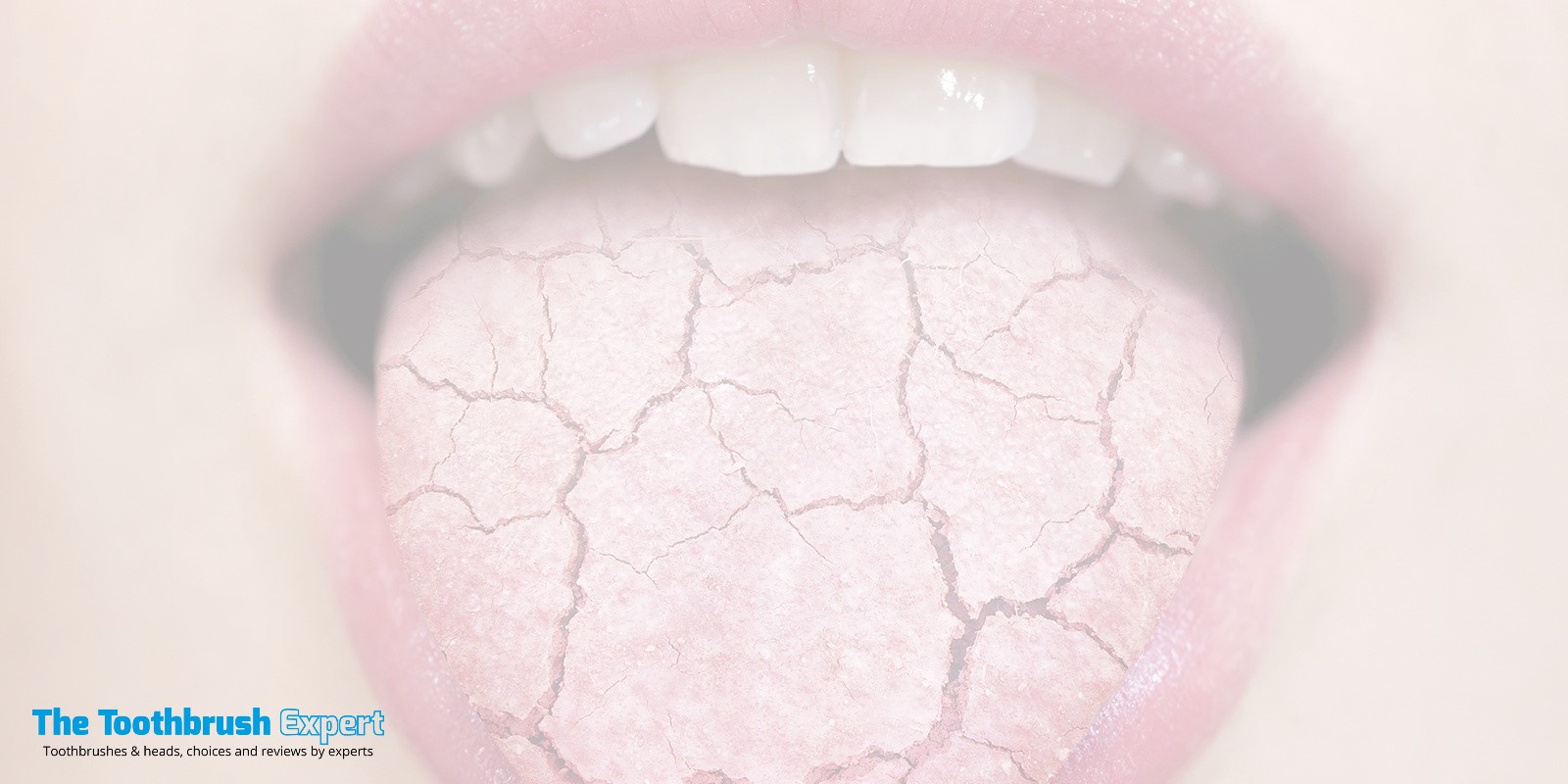Saliva plays a critical role in the general well-being of the mouth. It neutralizes the effect of acidic content the mouth might be exposed to. It facilitates food swallowing and helps humans to taste food better. When there is a shortage of saliva in the mouth, the general oral condition in human deteriorates. Thus, this mouth’s lack of saliva is termed xerostomia, also known as dry mouth syndrome.
What is Dry Mouth Syndrome?
It is an oral condition, although not life-threatening, characterized by the salivary gland’s inability to produce enough saliva needed to facilitate the mouth’s general well-being. Thus, patients with this condition often experience mild to severe difficulty speaking, eating, swallowing, and tasting food.
Thus, patients with this oral condition suffer a reduction in life quality because basic human activities become difficult to carry on. This condition may also lead to other oral conditions such as dental erosion and cavities, which may become painful in the long run.
Furthermore, dry mouth may be mild or severe in humans. The mild dry mouth happens in sleep, and people who sleep with their mouth open run the risk of having this dry mouth type. It could also result in bad breath over time. The severe dry mouth is often due to an underlying medical condition such as the salivary gland’s inability to produce saliva, oral infection, and medication reactions.
Relationship Between Tooth Decay and Dry Mouth
From the preceding, it is apparent that the lack of saliva in the mouth causes so many negative impacts on humans. The saliva contains very vital minerals such as phosphate and calcium. These minerals help protect the teeth from decay, dental erosion and help maintain balance in the mouth’s acidic level.
When saliva isn’t then produced in a required quantity, all these benefits are absent. There will be no saliva to remineralize teeth suffering from dental erosion, leading to tooth decay and loss. Also, cavities and gum infections may begin to appear on and around the teeth.
Causes of Dry Mouth
Many factors may cause dry mouth, and while some are directly linked with a syndrome called the Sjogren’s syndrome, most cases are related to medication or consumption of harmful substances.
Notably, Sjogren’s syndrome is when the body repeals the cells responsible for saliva and tears production. Below are some of the identified causes of dry mouth.
Alcoholism and Smoking
Consuming excessive alcohol leads to dehydration which may alter the amount of saliva that the salivary gland produces. Also, smoking subtly dries up the mouth and slows down how fast the salivary land can produce saliva. Hence, consuming alcohol or smoking would cause dry mouth.
Chemotherapy and Radiation Therapy
Both these therapies may result in shrinking or drying of the salivary gland, resulting in dry mouth.
Medications
Some medications have dry mouth syndrome as a side effect. These medications include anti-depressants, decongestants, muscle relaxants, high blood pressure medications, and anti-anxiety.
Anxiety and high blood pressure may lead to over sweating, increased heart rate, and dehydration, leading to dryness of the mouth. While rehydration may help, getting professional help would help ensure dry mouth doesn’t persist.
Aging
This is one of the most natural causes of oral dryness. As the human body ages, some changes might alter certain lifestyle habits. Thus, breathing through the mouth and snoring may result in mouth dryness.
Underlying Diseases
Diseases such as Sjogren’s syndrome, HIV/AIDS, nerve damage, lymphoma, diabetes, Hepatitis C, and high blood pressure may result in oral dryness if not adequately managed.
General Symptoms of Dry Mouth Syndrome
Common general symptoms identified by professionals include the following:
- Sore, scratchy, or swollen throat
- Painful swallowing, difficulty in talking and eating
- Dry tongue and bad breath
- Thickened saliva
- Poor tasting ability
- Difficulty in speaking
Preventive Measures and Treatment of Dry Mouth
Exploring specific preventive measures could keep you from experiencing dry mouth or preventing the dry mouth from getting worse before seeking professional help. These preventative measures include:
- Reducing or avoiding taking alcohol
- Constantly rehydrating
- Avoid excessive smoking and use of recreational drugs that may dry the mouth, e.g., Cannabis.
- Consciously practice nasal breathing instead of breathing through the mouth
- Practice good oral hygiene, e.g., brushing with a fluoride toothpaste
A professional dentist may prescribe some over-the-counter drugs to boost saliva production, eat sugarless gums, sucking on hard sugarless candies, or discontinue some medications with dry mouth syndrome as part of side effects. Also, drugs such as Cevimeline and Pilocarpine are examples of drugs that might increase saliva’s natural production in the salivary gland.
Dry mouth is a condition that needs to be treated as soon as diagnosed to prevent other severe oral conditions from springing up. The risk of suffering other severe oral conditions is very high. Some of these conditions that a dry mouth syndrome might lead to include:
Gum diseases
Periodontal disease or gingivitis are examples of gum diseases that might develop if dry mouth persists. These conditions may cause bleeding gum surface and pain, which will affect other daily oral activities over time.
| Preview | Product | Rating | Price | |
|---|---|---|---|---|

|
Parodontax Clean Mint Toothpaste For Gum Health, Helps Cavity Prevention, Anticavity And... |
$17.00 |
Buy on Amazon | |
  |
Crest Toothpaste Gum Detoxify Deep Clean, 4.1 Oz (Pack of 3) |
$27.76
$26.34 |
Buy on Amazon | |
  |
Jason Sea Fresh Strengthening Fluoride-Free Toothpaste, Deep Sea Spearmint, 6 Oz |
$14.94
$8.86 |
Buy on Amazon |
Teeth Cavities
Mouth dryness will reduce the mouth’s natural pH level over time and makes the mouth susceptible to scathing attacks from food and other natural acidic content of the body. This could lead to cavities and plaques in the mouth.
- Best toothpaste for cavities – Aquafresh Extreme Clean Whitening Action Fluoride Toothpaste
- Budget toothpaste for cavities- Colgate Cavity Protection Toothpaste with Fluoride
- Best naturally toothpaste for cavities – Tom’s of Maine Whole Care Toothpaste
Oral thrush
An oral thrush is a form of yeast infection that might develop when dry mouth isn’t treated adequately.
Dental erosion
Since the pH level will reduce overtime when dry mouth is left untreated, the teeth become exposed to the acidic content, which may cause the washing away of the teeth enamel. This may result in overwhelming teeth sensitivity and pain.
Mouth sores
Canker sores, mouth sores, ulcers, and blisters might develop overtime when dry mouth persists, and poor oral hygiene is maintained.


Dr Michael Jones is the proud founder of The Toothbrush Expert. He has been working as a dentist for 21 years now. Besides his work as a dentist, Michael wants to help people to find the right dental products. His goal is to provide everyone with honest expert reviews on all kinds of dental care products.


